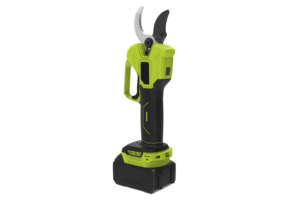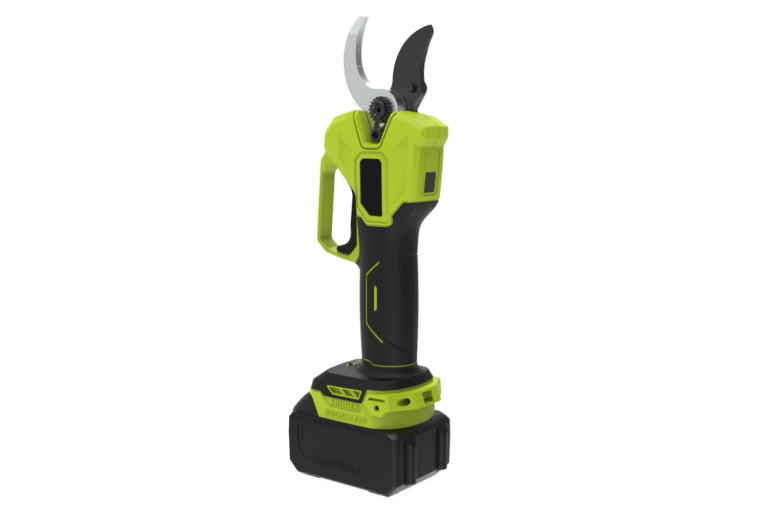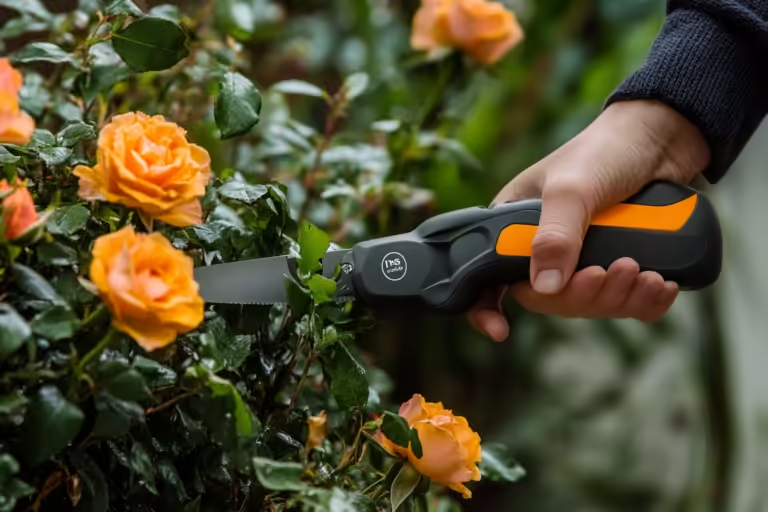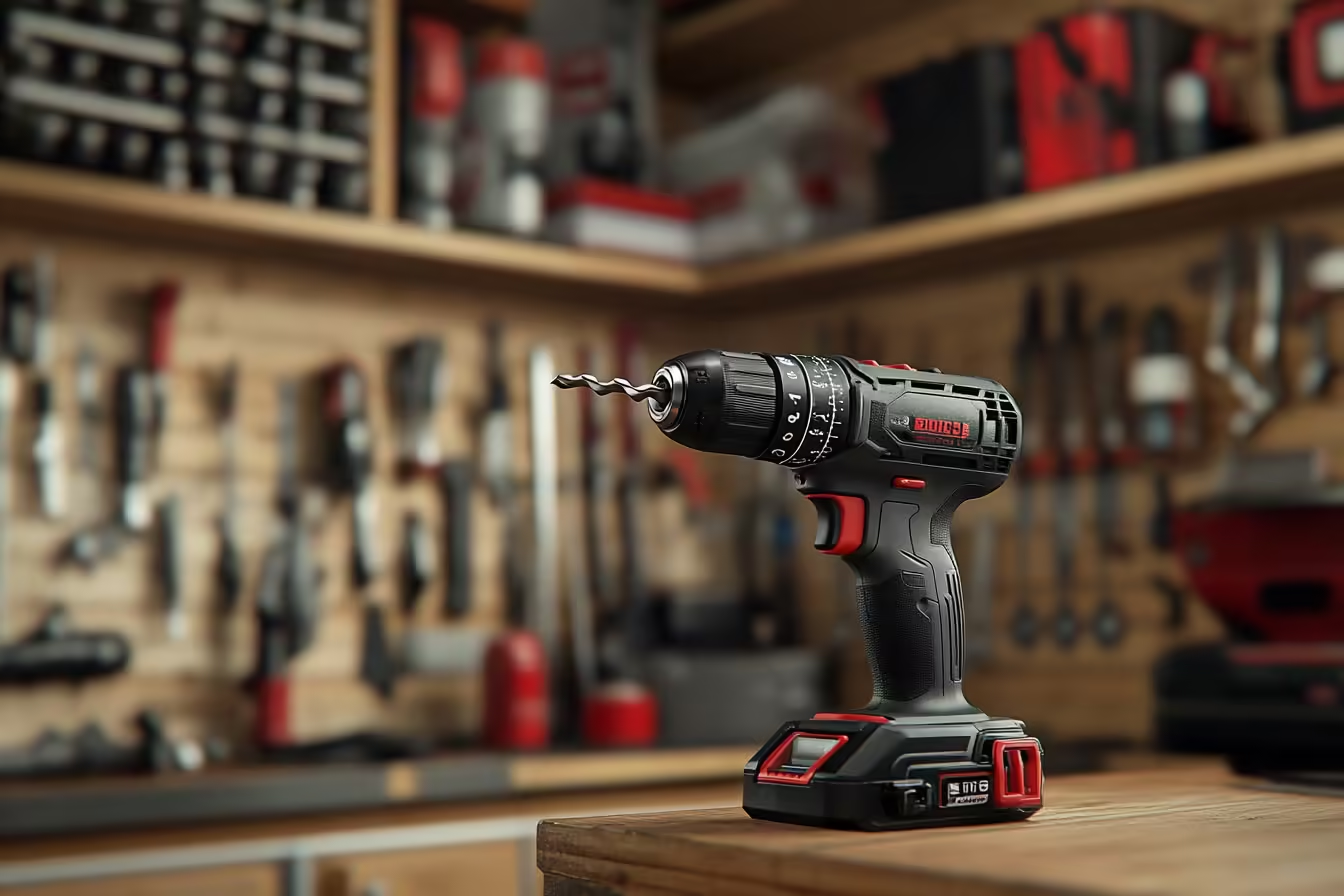
Finding the right electric drill supplier can make or break your brand’s reputation. Here’s how to choose wisely.
Finding a quality wholesale electric drill supplier for your brand involves understanding product quality, reliability, and pricing to ensure you get the best value and performance for your needs.
Let’s dive into some key questions to get you started on finding that perfect match.
How do I find a good drill?
Choosing a quality drill means balancing power, durability, and usability—let’s explore what to look for.
A good drill should combine power, ergonomics, and longevity, fitting your specific projects and budget.
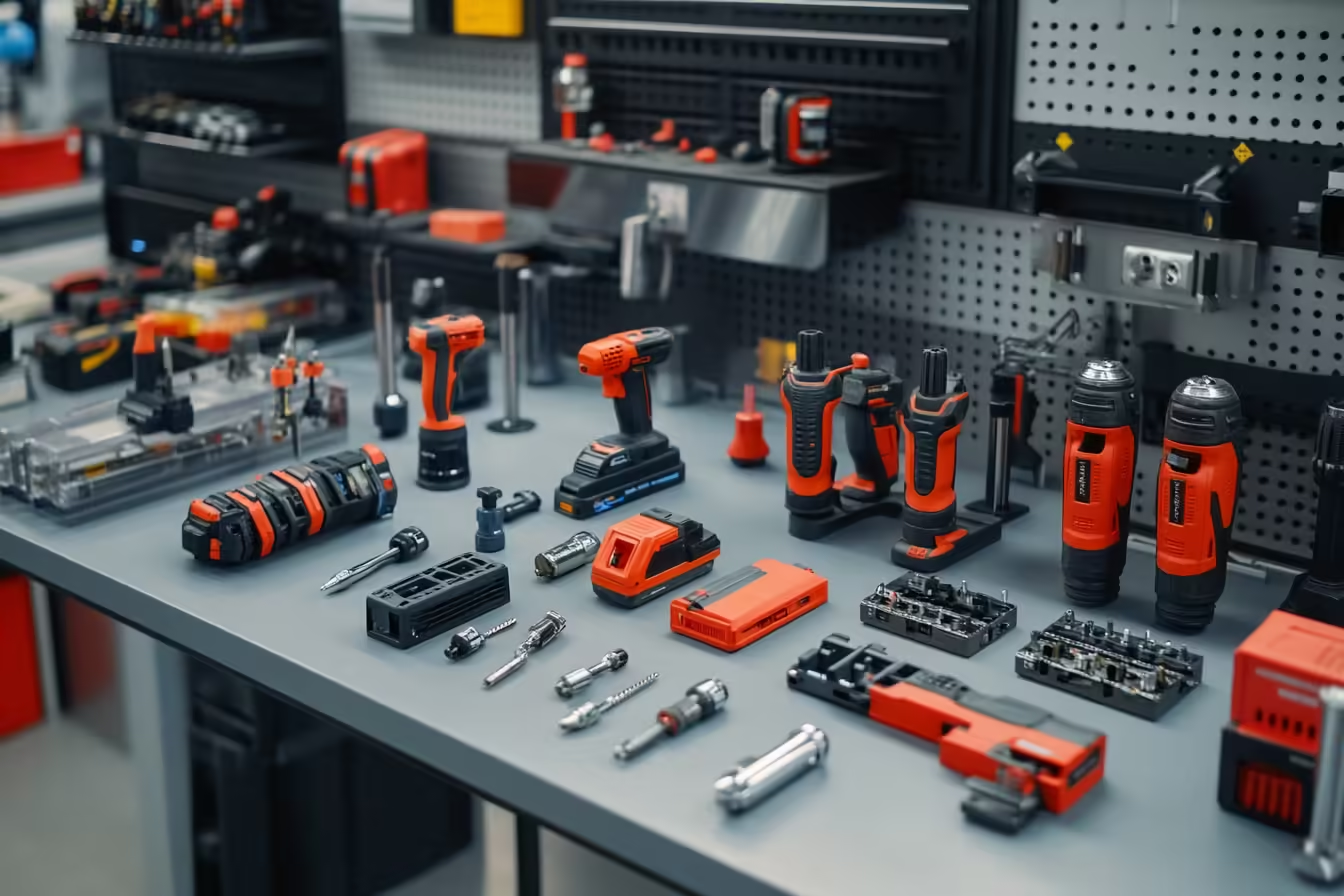
Finding a reliable drill is about assessing key specifications like torque, battery life, and ease of use. Brands like YOUWE often list detailed specifications, but what’s on paper doesn’t always translate to real-life performance. Think about your end customer’s needs. Are they using this drill for small household tasks, or do they need something heavy-duty? A cordless model, for example, brings flexibility to jobs requiring mobility but might sacrifice some power compared to corded drills.
For commercial buyers, consider testing samples before placing a large order. Ask your supplier if they can provide a demo unit or a sample order so you can gauge quality firsthand. Look into online reviews too; sites like Made in China often have feedback from other buyers. Also, remember, price isn’t everything. Sometimes, a cheaper model costs more in the long run due to frequent repairs or replacements.
What do I need to know before buying a drill?
Understanding what factors influence a drill’s price and performance can save you from costly mistakes.
Before buying a drill, know the power source, drill type, chuck size, and torque capacity based on your project needs.
When sourcing drills, pay attention to details like the voltage, battery type (if it’s cordless), and chuck size. The voltage impacts the power, with higher volts generally offering more robust drilling capabilities. Also, look at the battery type—Lithium-ion batteries provide longer life and faster charging compared to older models.
Let’s not overlook the chuck size, as this determines the drill bit size you can use. For professional use, a ½-inch chuck is usually versatile enough. Meanwhile, consider torque control; adjustable torque settings let users match the power to the task, essential for precision work. Many buyers forget to check these technicalities, only to realize they’ve got a drill that doesn’t meet their job demands.
What is the tariff code for electric drills?
Knowing the correct tariff code is crucial for calculating import taxes accurately.
The tariff code for electric drills generally falls under HS code 8467, covering hand-held power tools with self-contained electric motors.

If you're importing electric drills, you’ll encounter HS Code 8467, specifically designated for tools like electric drills. This classification helps customs determine the tax rates and duties applicable to your order. Always double-check with your supplier and local customs office, as tariff codes can vary slightly based on the product’s design and functionality. Misclassification might result in penalties or delays, especially for large orders.
Who makes cordless drills?
Many companies produce cordless drills, each with unique strengths. Here’s a quick look at some industry players.
Top cordless drill manufacturers include DeWalt, Makita, Bosch, and emerging brands like YOUWE that focus on high-quality and innovative tools.
Major manufacturers like DeWalt1, Makita2, and Bosch have been in the power tools industry for decades. They’ve built reputations for reliability and advanced features, like brushless motors and extended battery life. However, brands like YOUWE are making strides by focusing on quality and affordability, filling a niche for businesses seeking private-label products without compromising on performance.
If you’re sourcing for rebranding, these newer companies offer a balance of quality and price, often allowing for customization in logo, color, and even packaging. Check if the supplier provides warranties or after-sales service, as these can be strong indicators of reliability and quality.
Are brushless drills better?
Brushless drills are often preferred, but are they necessary for every job?
Brushless drills offer better efficiency, less maintenance, and a longer lifespan compared to brushed drills, ideal for heavy-duty use.
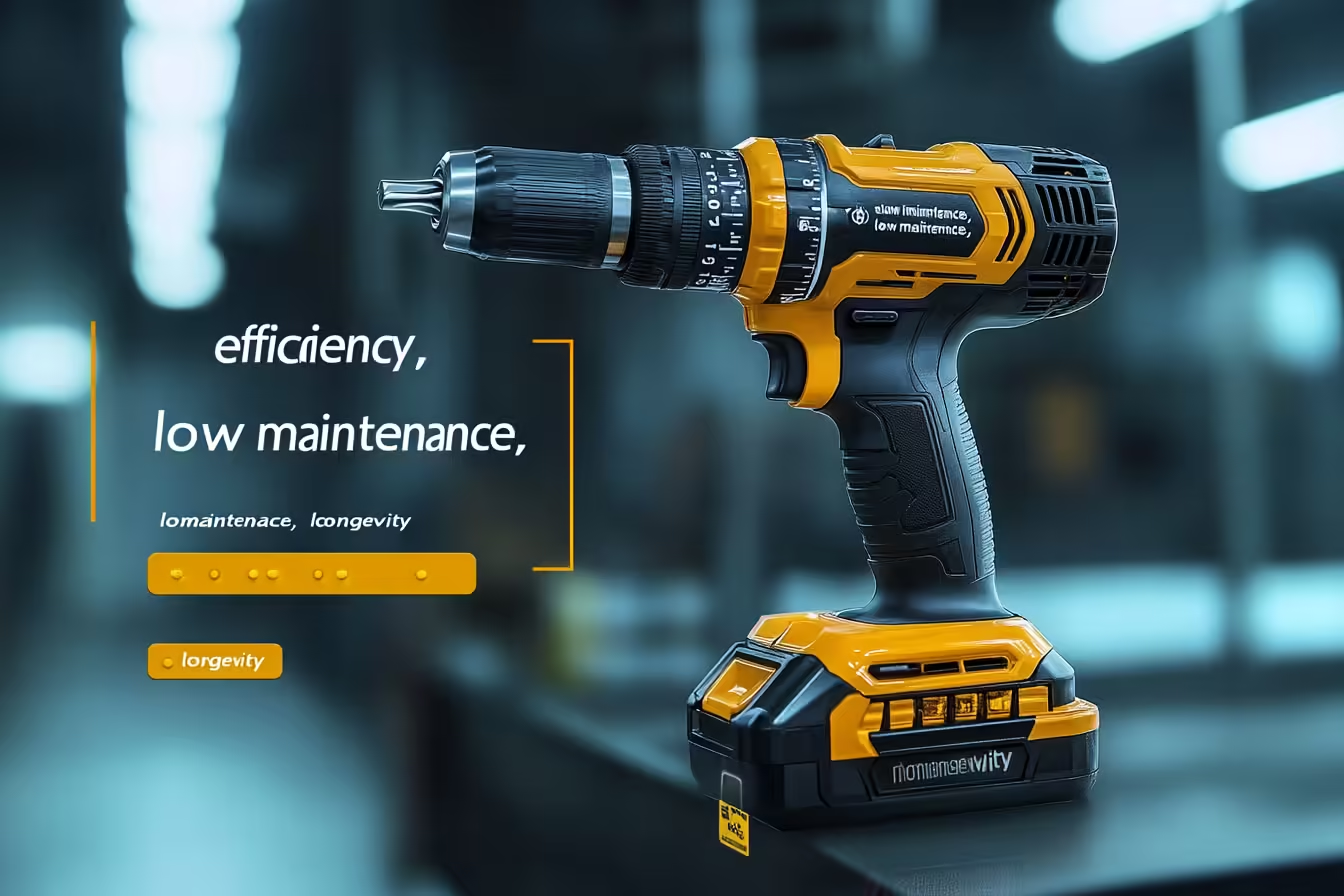
Brushless motors are becoming the go-to in professional tools. Without brushes, these motors reduce friction, meaning they generate less heat and require less energy—an efficiency win for long workdays. If you’re planning to buy in bulk, consider that brushless drills may appeal more to end-users who prioritize longevity and performance over upfront cost.
However, they can be pricier. For lighter, occasional tasks, brushed drills still offer good value. It’s all about matching the tool to the job: high-demand work sites will benefit from brushless, while homeowners and hobbyists might not need the added expense.
What is the number 1 and 2 on a drill?
Understanding drill speed settings can greatly improve the versatility of your tool.
On a drill, setting “1” is for low-speed, high-torque tasks, while “2” is for high-speed, low-torque applications.
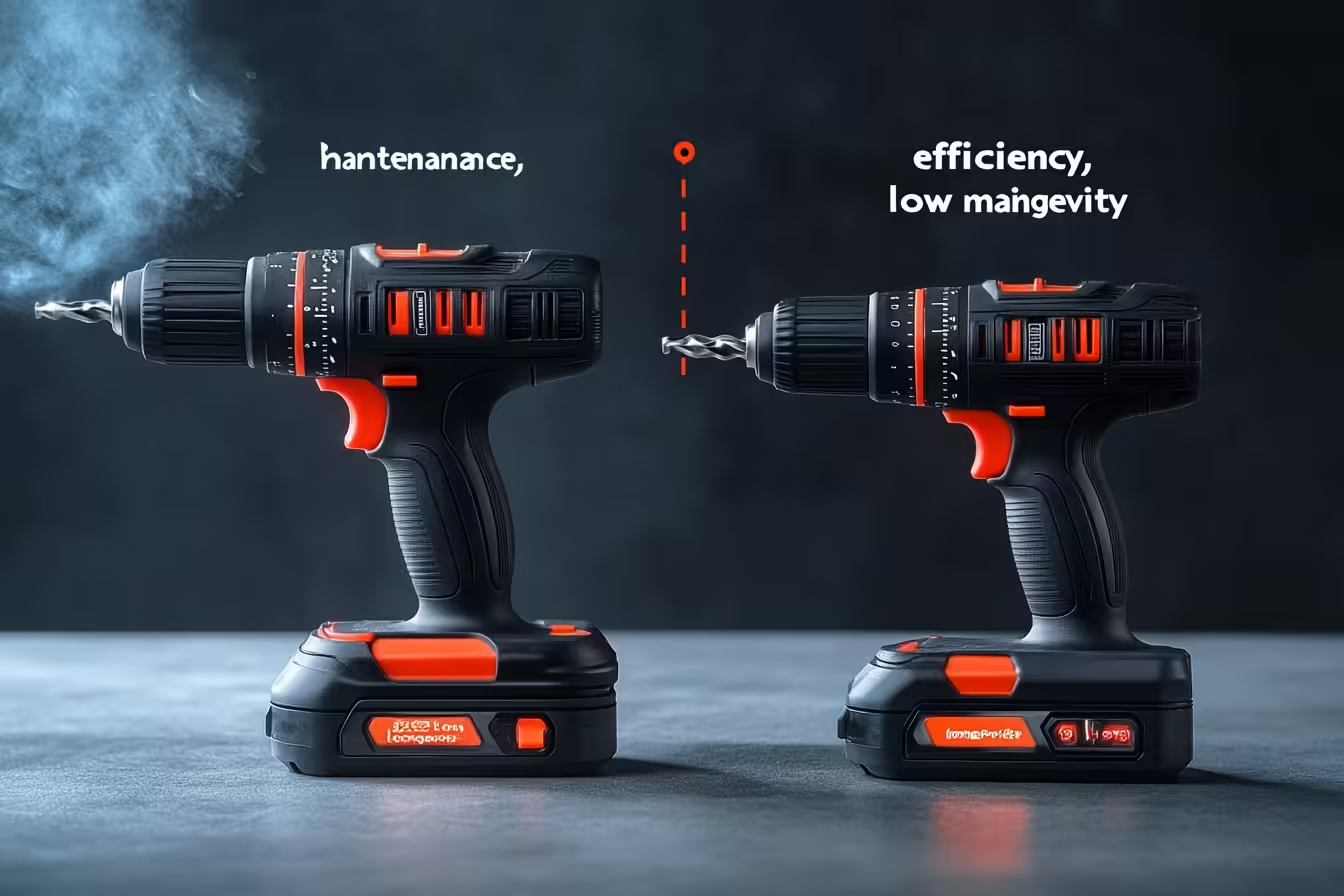
These settings help tailor the drill’s speed to the task. Setting “1” is great for screwing or drilling into hard materials like metal or hardwood, where you need controlled power to avoid stripping screws or damaging surfaces. Setting “2” is faster, better suited for lighter materials like softwood or drywall.
If you’re catering to professionals, they’ll likely need drills with multiple speed settings. This versatility makes a single tool usable across different tasks, adding value to the purchase. Additionally, speed control is a feature worth promoting in your marketing if you’re rebranding a line of drills.
Conclusion
Quality drill sourcing is about balancing specifications, durability, and supplier reliability.
-
You want to add a link here to give readers insights into DeWalt’s established reputation in the power tools industry and how it has built consumer trust over the years. ↩
-
Adding a link on this keyword will help readers understand how customization options, including logo and packaging, can benefit businesses aiming to create a unique brand identity with private-label power tools. ↩


